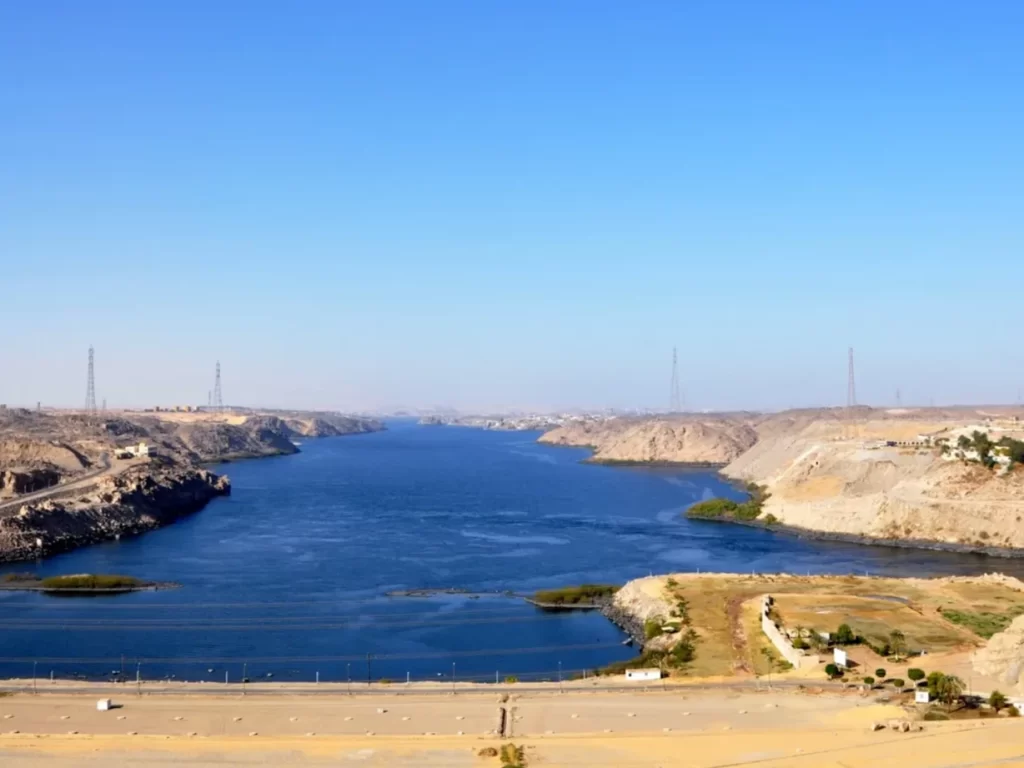Egypt is shelling out a whopping 5.2 billion dollars to construct an artificial river running alongside the Nile. Dubbed the New Delta Project, it’s scheduled to be finished by 2027 and should do plenty for Egypt– like expand farming land, consequently lessening reliance on wheat imports (which they’re disproportionately reliant on anyway). As fate would have it, Russian messes in Ukraine have caused wheat prices everywhere to skyrocket.
To keep the manufactured stream running, they’ll be using retrieved farm seepage and groundwater. Water shortages in Egypt are a growing issue and UNICEF has even stated that it could reach a zero water state by 2025. Unfortunately, several activists have voiced disagreement with this project. Pointing out how while the country’s financial climate is shaky, their government is investing in a tony task like constructing a new capital in the desert. As one activist put it: ‘The government should be spending money on infrastructure to fight climate change, instead of travelling down this path.’
project plays a key role in this, but there have been other monumental projects announced too– like the Grand Ethiopian Renaissance Dam being built on the Nile and a brand new city being built 50 kilometers from Cairo. People are all over the place when it comes to their opinion about these ventures. While some see them as necessary for an economic boost and improved lifestyle for Egyptians, others think they are just an utter waste of money and resources.
The synthetic river concept is still in its infancy and time will tell if it’s successful. But, the situation in Egypt is dire– water shortage, global warming, economic hardship– all need to be addressed for them to reach their ultimate aim.
Here are some details regarding the man-made river. From the Nile Delta to the Western Desert, the river will be 650 kilometers long. There will be 1.5 million acres of land that the river can irrigate. 100,000 jobs are anticipated to be created by the project. According to the government, the project would be finished in stages, with the first phase being finished in 2027.

